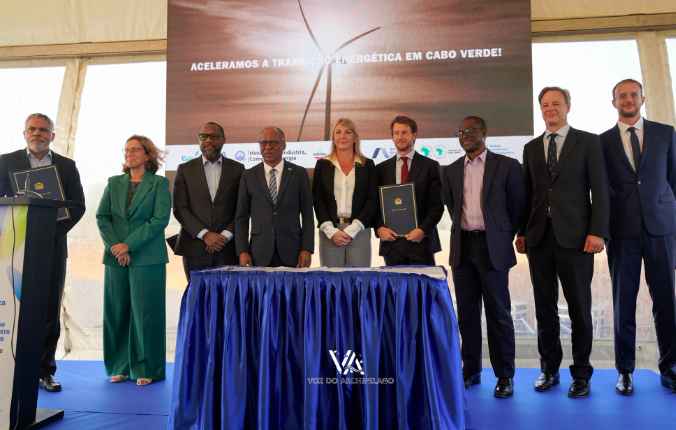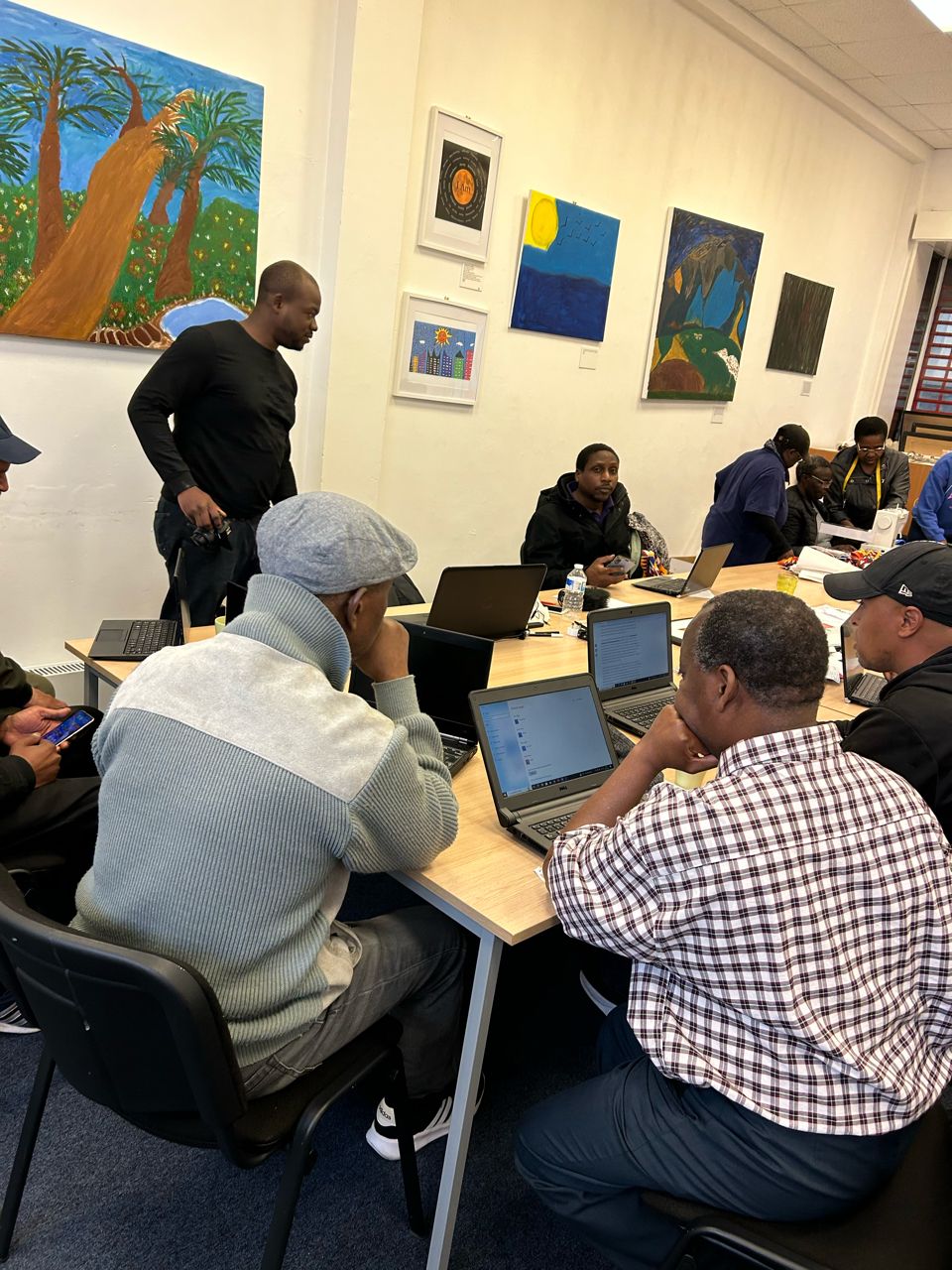A one-of-a-kind cruise programme involving live scientific research with world-renowned Marine Mammal scientists becomes a signature departure for Polar Cruise Specialist, One Ocean Expeditions (OOE). Plus, the launch of new GoPro apparatus provides unparalleled underwater viewing of marine mammals.
Five years in the making, the ultimate Marine Mammal viewing cruise calls intrepid travellers, photographers and wildlife enthusiasts to the Antarctic to join world-leading cetacean scientists and educators onboard OOE's Marine Mammals voyage on 18-28 March 2016 and 17-27 March 2017.
Travelling in the Southern Ocean in March provides a perfect opportunity to experience close encounters with a profusion of wildlife that can be seen in this remote corner of the world. From the intimate seat on a zodiac, passengers can see pods of humpback, minke and orca whales and impressive numbers of seals congregating to feed on massive blooms of Antarctic krill, the keystone species of the Antarctic ecosystem.
Guests can also witness OOE's team of expert marine biologists and scientists immersed in an innovative whale-tagging operation for data collection, studying feeding behaviour, dive profiles and migration patterns.
The Antarctic Peninsula region is explored during the voyage and the region is the focus of a long-term whale tagging research project that was initiated by Dr. Ari Friedlaender, researcher and professor at Oregon State University. His specialty lies in foraging ecology and effects of climate change on marine mammals and their behaviour relating to environmental variables.
Joining the scientific research team in March 2016 is Brian Keating, author, CBC's radio host and a seasoned naturalist and environmentalist with decades of experience leading nature and wildlife-based expeditions in remote parts of the world.
Also onboard is Chad Nordstrom, research and environmental biologist from the Vancouver Aquarium with more than 15 years studying marine mammals with a special interest in their distribution in polar ecosystems and feeding behaviour.















